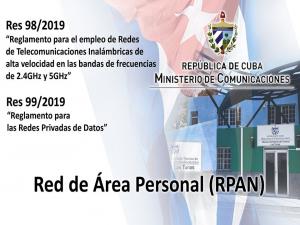
A Personal Area Network is basically a network formed by all the devices in a house, which is close to its users. Meaning that every device that is close to its user is part of it. The main characteristic of this type of network is that it allows the user to establish a connection with his/her devices in a simple, practical and fast way.
Currently, several technologies can be used to create a personal area network, including Bluetooth and Wi-Fi.
Resolution 98 in its Chapter II, Article 8, Paragraph d) establishes that natural persons, individually and being permanent residents in the country, may create a network in the RPAN modality within their homes, guaranteeing that their employment is personal and for non-profit purposes.
These networks also require the use of access encryption mechanisms for their operation and cannot be used for direct communication with networks other than the public networks authorized to provide communications services in the country.
Such personal networks inside the residence provided that they comply with the above mentioned and do not exceed 100mW of effective radiated isotropic power (e.i.r.p.), do not require authorization (Operating License).
In case of intending to connect to public networks and not receiving the signal from within home, Resolution 98, Chapter III, Article 21 establishes that natural persons with personal area networks (RPAN), in accordance with these Regulations, may establish outdoor antennas which may only be installed in the buildings where they reside and with a maximum power of 200mW for the reception of signals generated by public high-speed wireless telecommunications networks making use of the allowed frequency bands. The Operating License for this case is valid for 5 years and has a value of 10 pesos (CUP) and may be processed through the UPTCER (Technical Budgeted Unit of Radio Spectrum Control) of the territorial control offices (OTC).
Self-employed workers, in places where they carry out the approved activities, can apply for the license of private wireless networks with an external antenna with the prior authorization of the landlord, owner or user of the property.





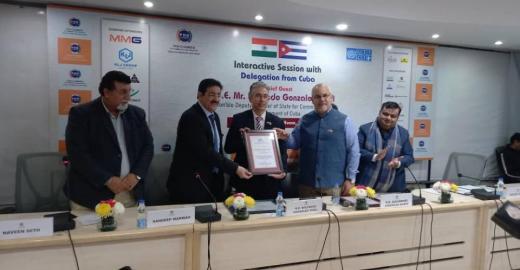
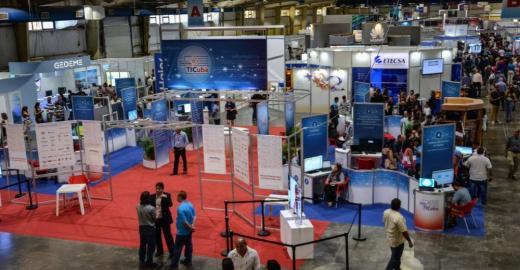
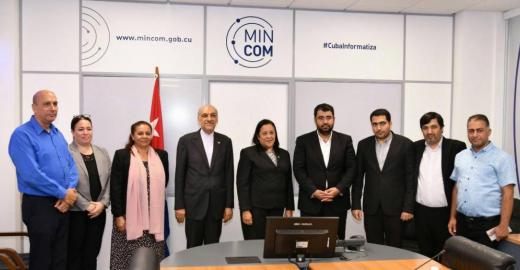


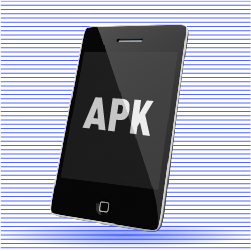
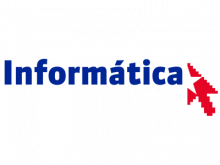

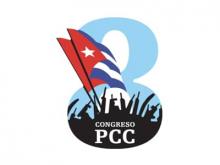
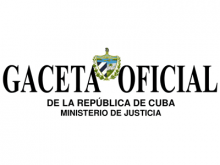
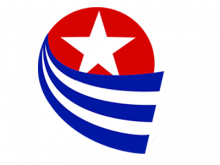
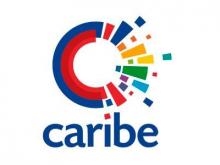
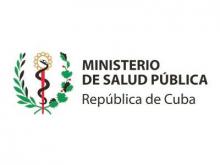

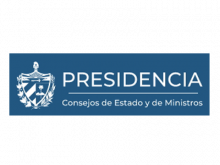


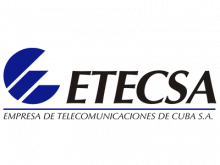
Publicar nuevo comentario